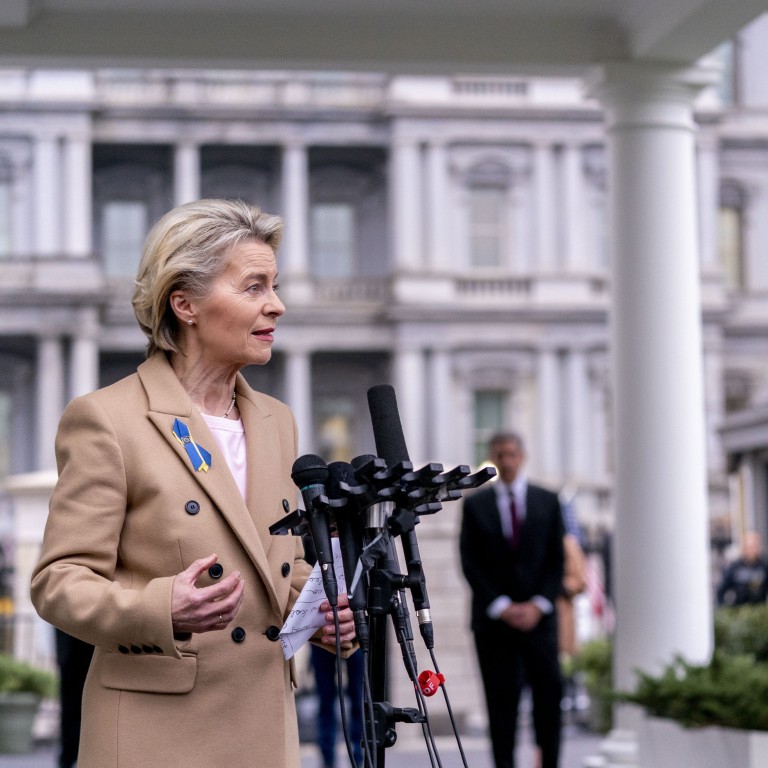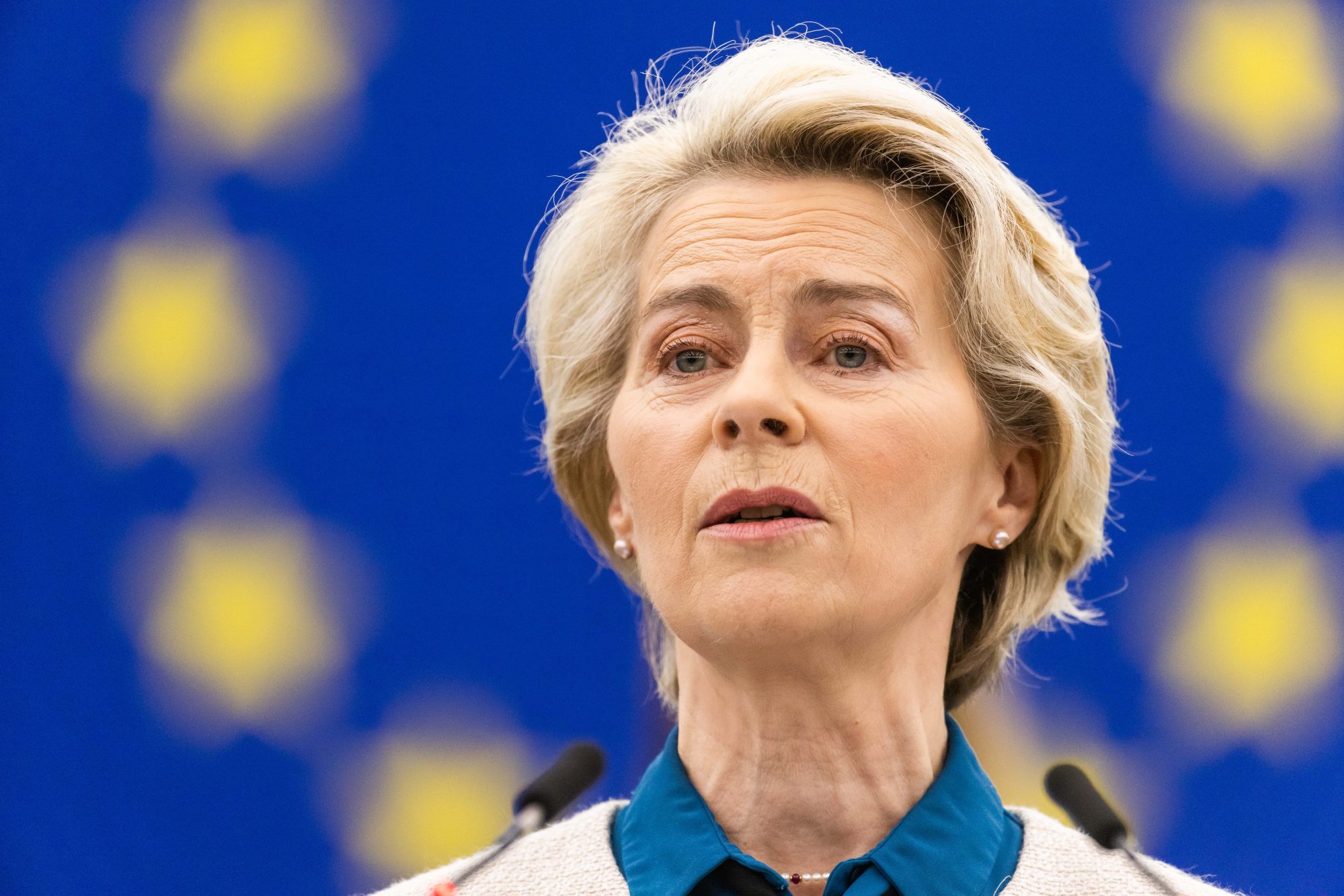
US and EU claim progress in reducing China reliance through ‘critical raw materials club’
- White House meeting between Joe Biden and Ursula von der Leyen builds on plan to ‘strengthen supply chains and diversify away from single suppliers’
- Talks also starting for limited trade pact on critical minerals allowing European electric vehicles to qualify for Inflation Reduction Act tax credit
At Davos in January, von der Leyen acknowledged Europe’s “98 per cent” dependence on China for critical minerals expected to play key roles in transitioning to clean energy. She also criticised Beijing for heavily subsidising its “energy-sensitive companies” and called for a “level playing field”.

China controls more than half the world’s supply of many critical minerals, such as nickel, lithium and cobalt. These are vital to both military supply chains and clean energy technologies, and the US and EU fear Beijing might withhold the minerals to undermine their economies and security.
The dialogue would “facilitate information-sharing on non-market policies and practices of third parties – such as those employed by the People’s Republic of China – to serve as the basis for joint or parallel action and coordinated advocacy on these issues in multilateral or other fora”, the two leaders announced.
Biden and von der Leyen also committed to a deadline of October this year for finalising negotiations for a global agreement on sustainable steel and aluminium, which was first announced right before the EU leader’s last White House visit in 2021.
EU aims to process 40 per cent of its strategic raw materials by 2030
The head of the EU executive arm thanked Biden for helping reduce the bloc’s dependency on Russian fossil fuel.
Biden has prioritised improving US-EU relations since the start of his presidency. Since 2021, Washington’s relationship with Brussels has spawned extensive collaboration on Russia but differing views on trade and how to deal with China.
The Inflation Reduction Act – a wide-ranging industrial policy promoting clean energy investment and widely regarded as a major legislative win for the Biden administration – raised concern among European officials who saw some of its provisions, including those on EVs, as potentially protectionist and harmful to European carmakers.
Sweden’s big rare earth discovery seen as ‘game changer’ amid China dominance
Ahead of Friday’s meeting, a senior Biden administration official said there was “unprecedented alignment between the US and Europe” on concerns posed by China, particularly its non-market practices.
There was also a shared sense that Russia’s war in Ukraine had put China in a “difficult position” and a recognition that “every step China takes towards Russia makes it much harder for China with its relationship with Europe”, another senior official said.

